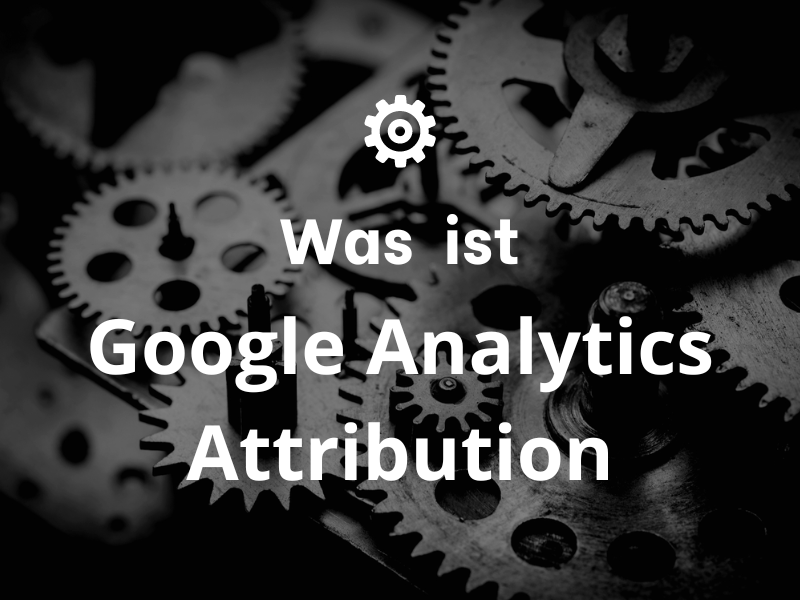Definition
Google Analytics Attribution is a technology that helps companies better understand their customers' behavior online. It enables companies to track and measure the success of different marketing channels by tracking sources that lead to sales, leads, clicks, downloads, and more.
Advantages
Google Analytics Attribution is a very powerful technology that enables companies to better manage their marketing investments. With its help, companies can create targeted campaigns, maximize their ROI and identify successful strategies. It also enables companies to make informed decisions based on detailed reports.
Disadvantages
A disadvantage of Google Analytics Attribution is that it is an expensive tool. In addition, some companies may find it difficult to get up to speed on the technology.
Use cases
Google Analytics Attribution allows companies to measure, track and optimize their online campaigns by comparing the success of different channels to choose the best strategy. It can also be used to understand customer behavior by allowing companies to compare the different Touchpoints and channels that lead to a sale.
Example 1 - Campaign tracking
Google Analytics Attribution can be used by companies to determine the success of their campaigns. With the technology, companies can track and measure the success of different channels to find out which strategies are delivering the best results. They can also track the ROI of their campaigns to see if they are getting a return on their investment.
Example 2 - Customer behavior
Google Analytics Attribution also enables companies to understand the behavior of their customers. They can track which channels contributed to people making a purchase and find out which Touchpoints were involved in the decision-making process. This information can then be used to optimize the customer experience or adjust campaigns.
Conclusion
Google Analytics Attribution is a powerful technology that helps companies track and measure their online campaigns and understand their customer behavior. They can use it to track the ROI of their campaigns, identify successful strategies, and optimize their customer experience. Although it is an expensive tool, it can help businesses gain valuable insights into their customers and optimize their online campaigns.
« Back to Glossary Index


